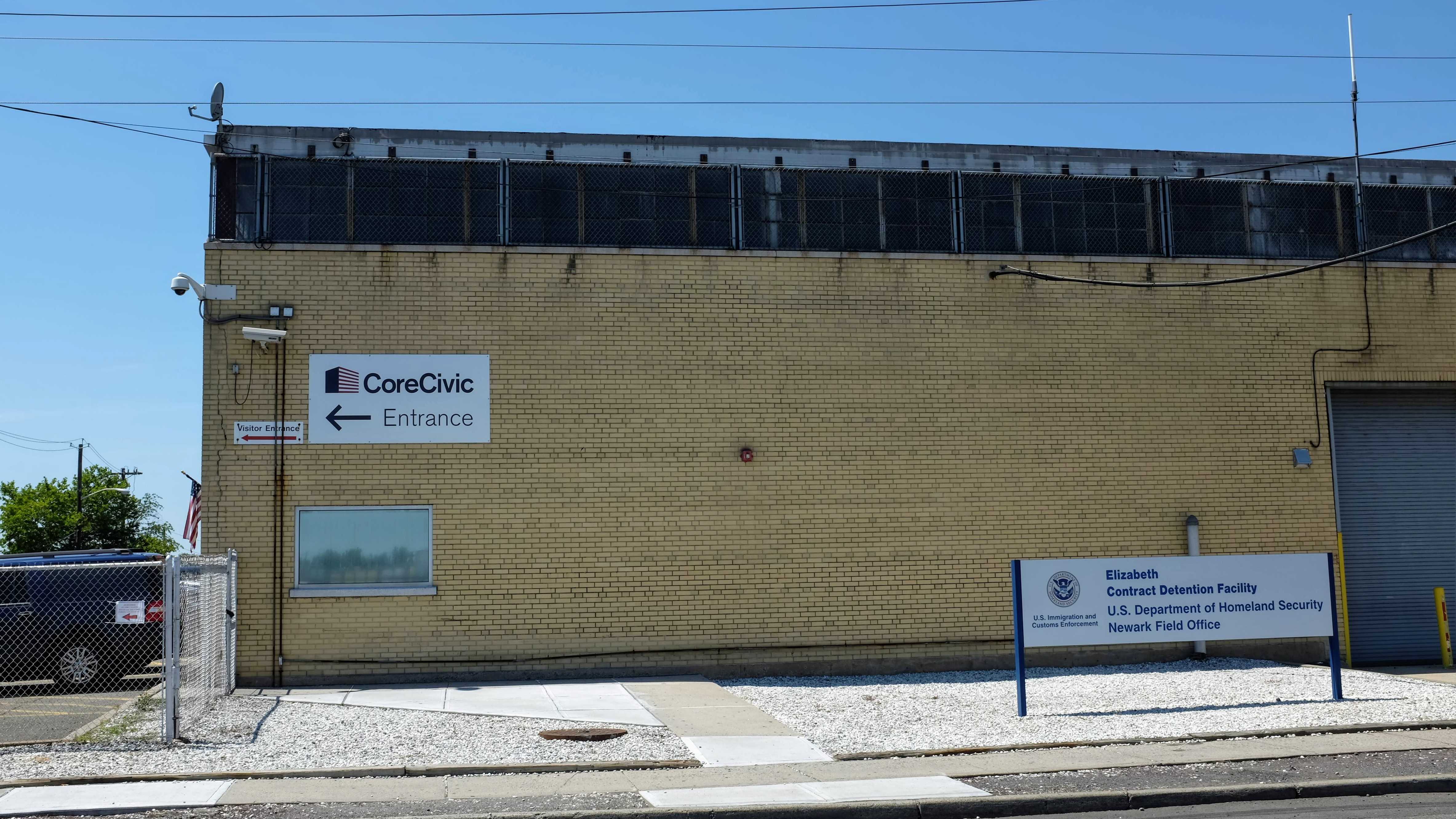This story was co-published with The Guardian US.
Canadian politicians have expressed alarm that one of Canada’s biggest pension investment funds has increased holdings in two U.S. private companies that run American prisons and incarcerate the majority of detained immigrants.
The Canada Pension Plan Investment Board (CPPIB), which manages $366.6 billion in pension funds on behalf of some 20 million Canadian retirees, holds $5.9 million of stock in GEO Group and CoreCivic, according to its latest U.S. Security and Exchange Commission filings.
The move to increase holdings comes despite criticisms from Canadian politicians about U.S. detention policies and following international outcry over the U.S. “zero tolerance” crackdown this summer on the U.S.-Mexico border that led to children being separated from families.
Between August 2017 and 2018, the CPPIB grew its investment in GEO Group almost 13-fold to 153,500 shares worth $4.2 million, according to filings from August 2018.
CPPIB said the holdings were a tiny proportion of their fund, and were from pooled indirect investments.
However, Charlie Angus, a Member of Parliament for Canada’s New Democratic Party, said:
“This is deeply concerning to learn … There’s a corporate ethical lens that needs to be applied.”
Canadian Senator Kim Pate of the Independent Senators Group said: “Canadian taxpayers should not be inadvertently complicit in feeding the development of privatized for-profit prisons.”
The increase in GEO Group shares was from the 12,000 shares held a year previous, according to August 2017 filings. During the same period, the pension fund grew its investment in America’s second-biggest private prison company, CoreCivic, to 73,700 shares from 33,000 shares, worth around $1.7 million.
Canadian justice and democracy advocates also questioned the ethics of acquiring and growing the holdings. About 70 percent of the immigrants the U.S. government detains are held in facilities run by CoreCivic or GEO Group, according to 2017 statistics obtained by the National Immigrant Justice Center.
Catherine Latimer, head of the John Howard Society of Canada, a penal and justice reform advocacy group, said: “Our experience, with the research we’ve done on private prisons, indicates it’s not the type of social investment we would like to see Canada support.”
Duff Conacher, co-founder of the Canadian government watchdog group Democracy Watch, said of the investments: “I don’t think most Canadians would agree with them.”
CPPIB defended the holdings. A CPPIB spokesperson said: “Our passive programs replicate broad-based stock market indexes which show investments in this sector, amounting to 0.001% of our $366 billion fund.
“CPPIB’s objective is to seek a maximum rate of return without undue risk of loss. This singular goal means CPPIB does not screen out individual investments based on social, religious, economic or political criteria.”
CPPIB is a state-owned agency which operates independently of government, though is ultimately accountable to Canada’s parliament. Despite its stated environmental, social and governance investment policy, CPPIB remains invested in some companies that funds in the U.S. and elsewhere have pulled out of.
According to SEC filings, CPPIB holds a $186 million investment in ExxonMobil, a $202 million investment in the tobacco giant Philip Morris International, $18.7 million in the defense contractor General Dynamics and $36.8 million in another defense contractor, Raytheon.
“Quite frankly, if they’re going to be investing in private prisons, weapons manufacturers and tobacco companies, why aren’t they investing in narco gangs?” Charlie Angus of Canada’s New Democratic Party added.
The Trump administration’s policies have created a positive outlook for both U.S. private detention companies. Corporate executives for both companies told investors and analysts on conference calls that they’re expecting federal contracts for housing immigrant detainees to continue to grow.
Financial analysts from U.S. investment banks and firms agree they have a positive growth outlook. “We believe an increased reliance on private prisons will likely be required to handle the inflow of detainees owing to federal prison populations that are at – 120% of designed capacity,” wrote one JP Morgan analyst in a report about GEO Group. Both companies provide a favorable dividend yield of about seven percent, which means for each investor receives a steady seven percent return of their investment.
Additional reporting by Leyland Cecco of The Guardian in Toronto















